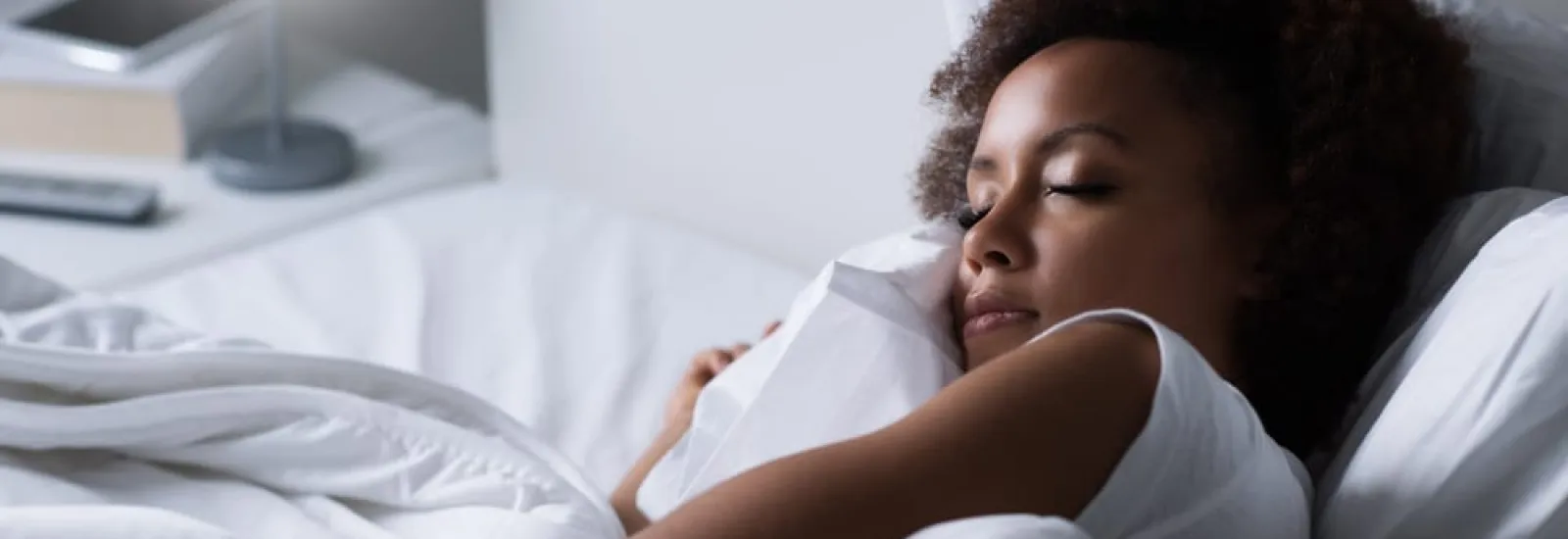
How to sleep better using all five senses

1. Dim the lights! The amount of ambient light in a room can have a big impact on your ability to fall and stay asleep. Think about adding black-out curtains to block as much light as possible coming from the outdoors. While you should keep nightlights around to help you safely navigate the room after lights out try to choose nightlights that direct the light towards the walking path rather than into the room. In the hours before bed dim the screen of your phone or computer to reduce the quantity of blue light which can make it harder to transition to a restful state.
2. Set up a “feel good” sleep zone. Your bedroom should be a place where you feel comfortable and ready for a good night’s rest. This comes down to the sheets on your bed your own pajamas the temperature you set the room to and even animals in your bed. Find comfortable pajamas in natural fibers like cotton or silk to help you stay at a comfortable temperature. And banish your pets from the bed! Fluffy’s snuggles are nice and cozy but when they wake at 3 a.m. you’re likely to wake up too.
3. Surround yourself with calming aromatics. Chamomile and lavender are light relaxing scents often associated with helping you feel sleepy. Consider a lavender pillow spray or a cup of chamomile tea before bed to help put you in a good-sleep mindset.
4. Peace and quiet. A quiet room is most conducive to a restful night but many find that white noise (like the sound of rain or waves crashing on a beach) can help them fall asleep. If your room is peacefully quiet but you’re still having trouble sleeping try playing white noise sounds in your room. You can find free apps on your phone to play these gentle calming sounds.
5. Consume with caution. In the hours before bed limit your caffeine intake (avoid chocolate for this reason!) and avoid spicy foods that might give you heartburn. Both of these things are likely to affect the quality of the rest you get and can be easily avoided late in the day.
Using all five of your senses you can identify habits and tricks that can help you get a better night’s sleep. If after trying these tips you still have trouble sleeping it might be time to speak with a sleep specialist.

